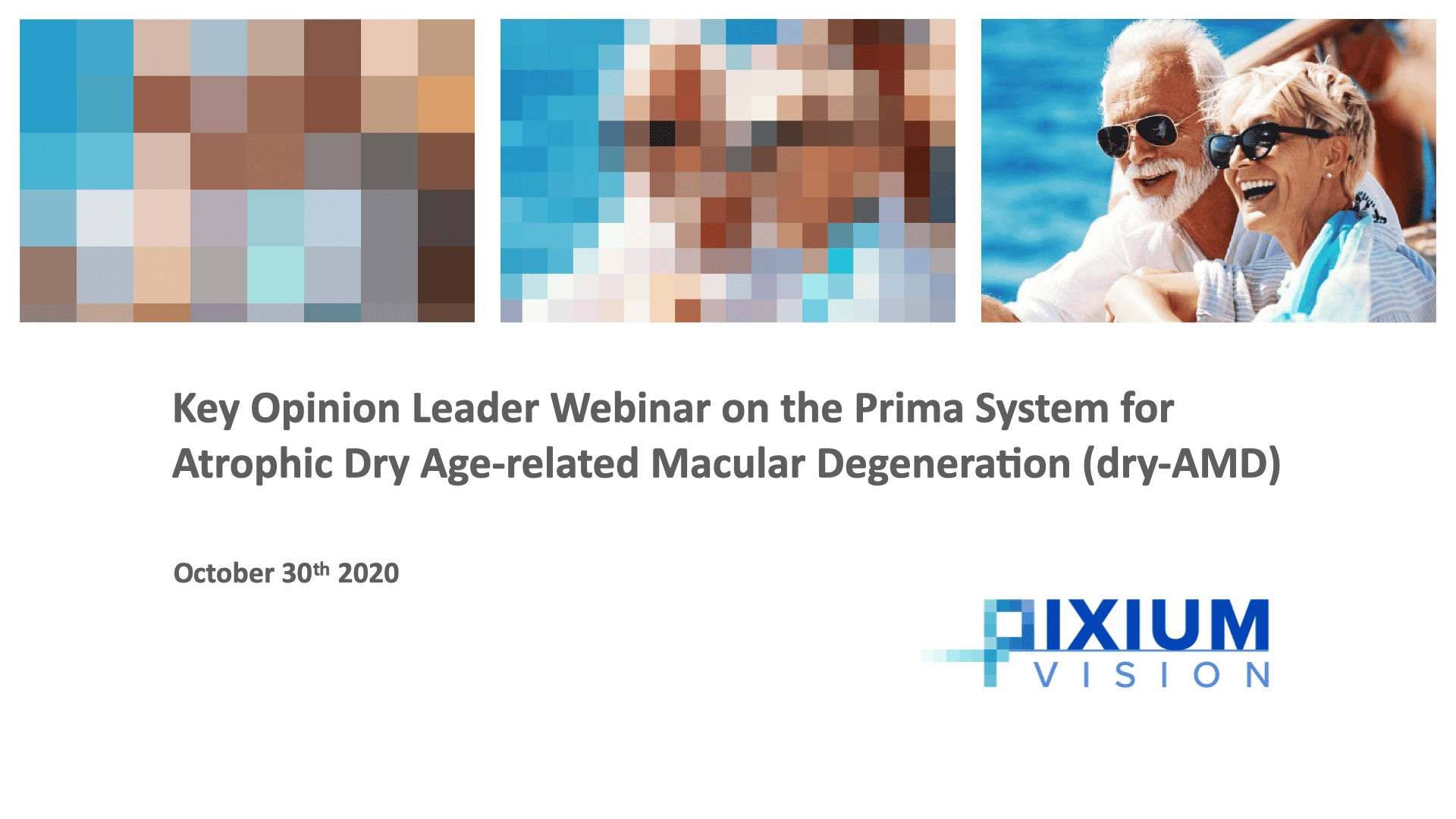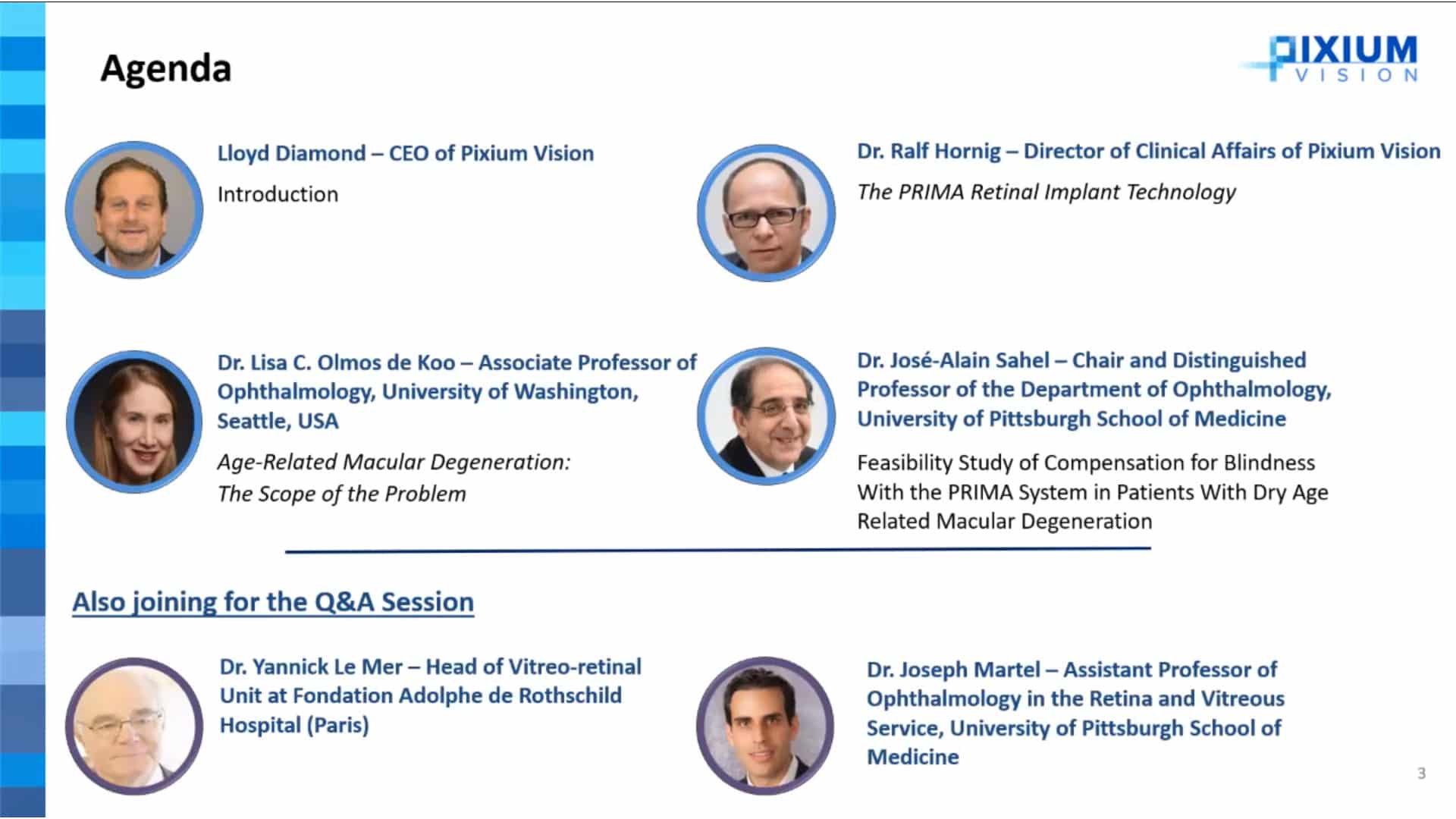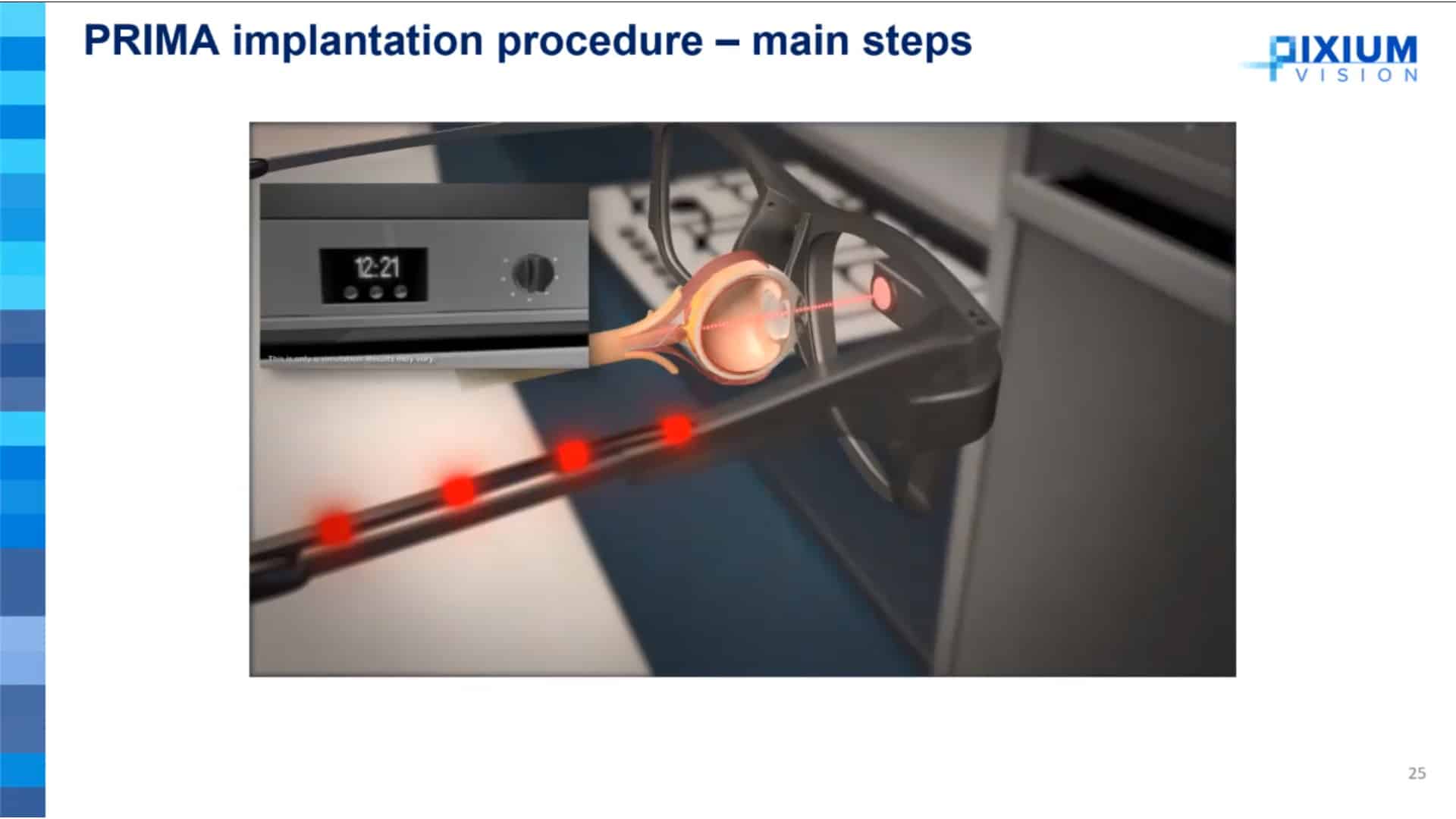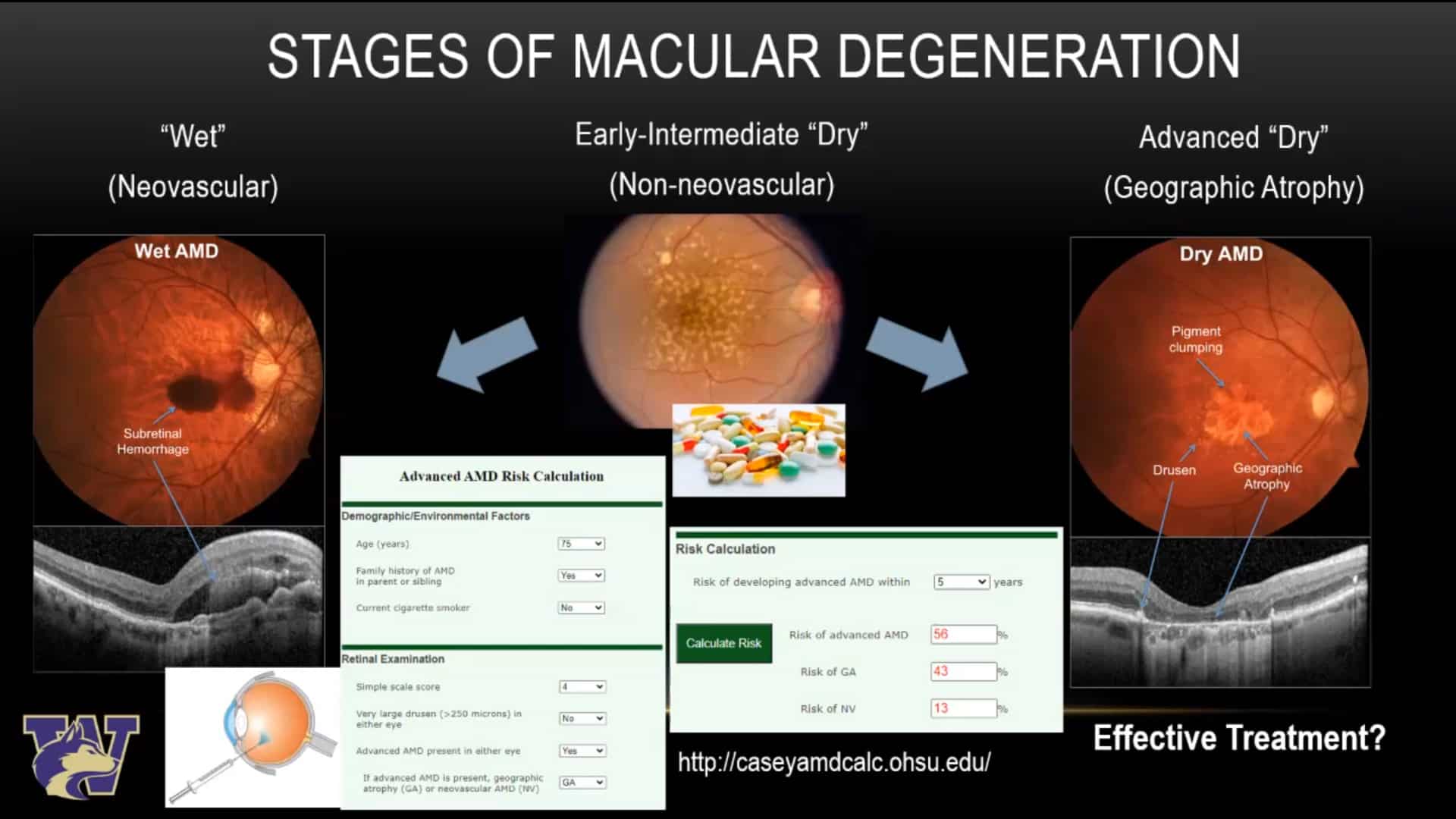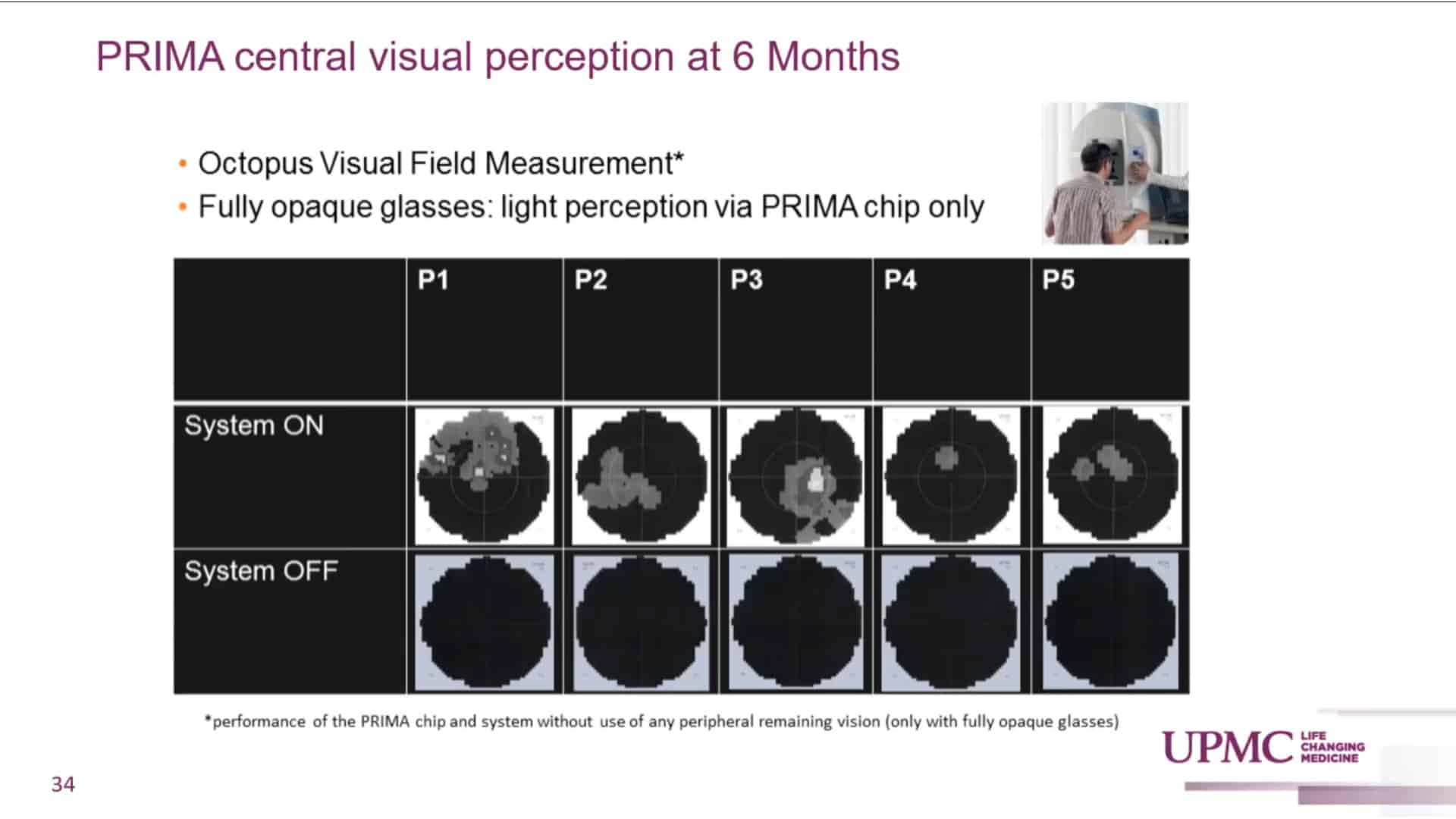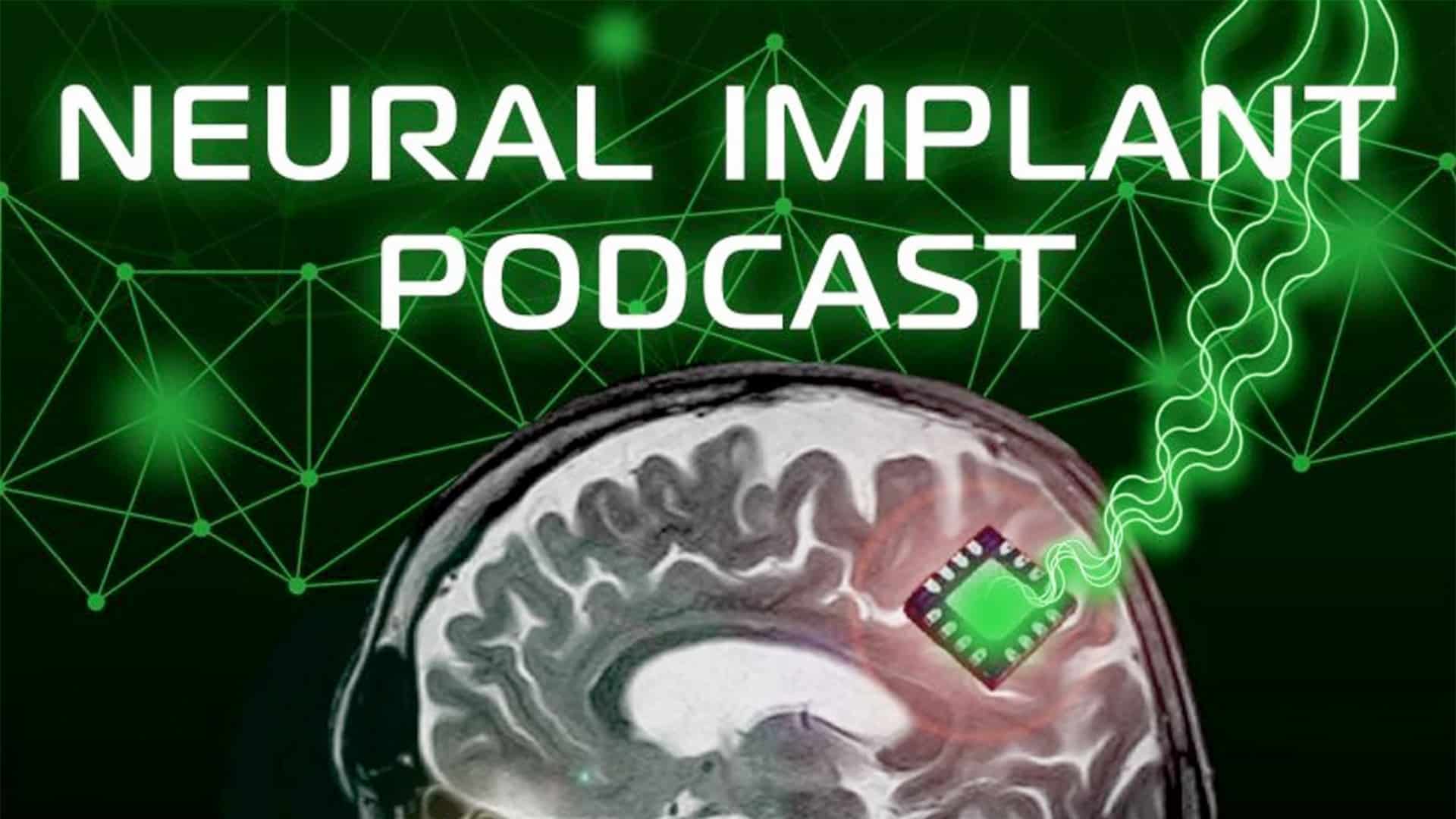Letter from the CEO
Dear Investors and Stakeholders,
This has been an unprecedented and challenging year for all of us. We hope you and your relatives coped with 2020 and we look forward to more stability in 2021.
For Pixium Vision, thanks to the relentless commitment and dedication of the entire team, 2020 has been a time of outstanding progress. Despite the challenges we faced, we continued our journey to transition Pixium Vision from a research project to a commercial organization, accelerating and optimizing the development of the Prima System.
In March, we reported positive follow-up data from the French feasibility trial of the Prima System in patients with dry Age-related Macular Degeneration (AMD). These data, from up to 24 months after implantation, showed that the Prima System sustainably elicited light perception in all dry AMD patients and had a good safety profile. The second-generation transparent glasses enabled the combination of natural peripheral vision and prosthetic vision and improved patients’ visual acuity by a minimum of 3 lines – which can mean the difference between recognizing the letters on a street sign or not – and up to 7 lines. A second feasibility study is ongoing and has already implanted and activated two patients in the US, with more to come in the coming months.
This is compelling further evidence that the Prima System can improve dry AMD patients’ sight and potentially offer greater independence, safely. These very impressive results from the study in France have paved the way to move the Prima System into the PRIMAvera pivotal trial, for which we have now received approval from the French regulatory health authority (ANSM). This is the last clinical step before applying for the European CE mark and we have already initiated the study.
The PRIMAvera study will aim to confirm the safety and provide further insights into the impact of the Prima System on how patients go about their daily lives. In this trial, the Prima System will be studied in 38 patients with the primary efficacy endpoint of a proportion of subjects with an improvement of visual acuity of logMAR 0.2 – 2 lines – or more from baseline to 12 months. The study will include three years of follow up, with assessment of the primary endpoints at 12 months after implantation.
In April we welcomed two new senior advisors on research, clinical and patient matters to Pixium Vision to support the strategic development of the Prima System. Lisa Olmos de Koo, MD, MBA, with 20 years of clinical and academic experience and a special interest in ophthalmic education, is our new Chief Medical Advisor. Sandra Montezuma, MD, an ophthalmologist who has extensive expertise in providing medical and surgical care for all retina diseases, was appointed Clinical Advisor. We are delighted to be working with both these renowned experts in their fields.
In October, we hosted a successful key opinion leader (KOL) event on the Prima System with Dr Olmos de Koo and José-Alain Sahel, MD, of the University of Pittsburgh School of Medicine. Our KOLs provided an overview of the current treatment landscape and unmet medical need in treating patients with Advanced Atrophic dry-AMD and answered questions from a well-informed and engaged audience.
As we move into 2021, we are focused on ensuring we achieve the European CE mark for the Prima System in 2023 and agreement on the regulatory pathway from the US Food and Drug Administration. We carried out a successful capital increase in Q3 2020 which, combined with other financing from the French state, means Pixium Vision is now well financed until the end of 2021.
Please mark February 18, 2021 in your calendars, when we will announce results for the full year 2020. We will take this opportunity to provide you with a full review of the progress made in 2020 and to present our exciting plans for 2021 and beyond.
I take great satisfaction in looking back over developments at Pixium Vision over the year. We remain focused and work diligently to bring the Prima breakthrough technology to people suffering from dry AMD, for which there are currently no effective therapeutic solutions. The year ahead promises to be even more exciting and I am looking forward to speaking again soon to keep you fully informed.
The entire Pixium Vision team wishes you all the best for 2021.

Lloyd Diamond, CEO


